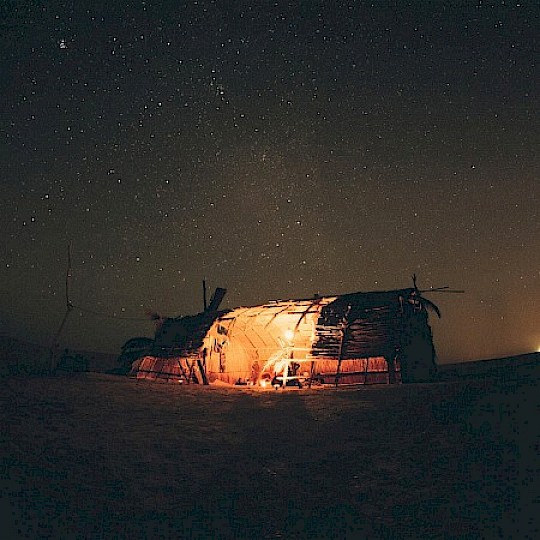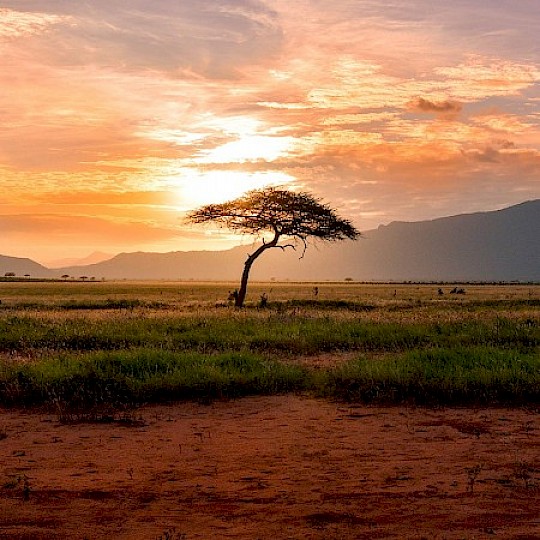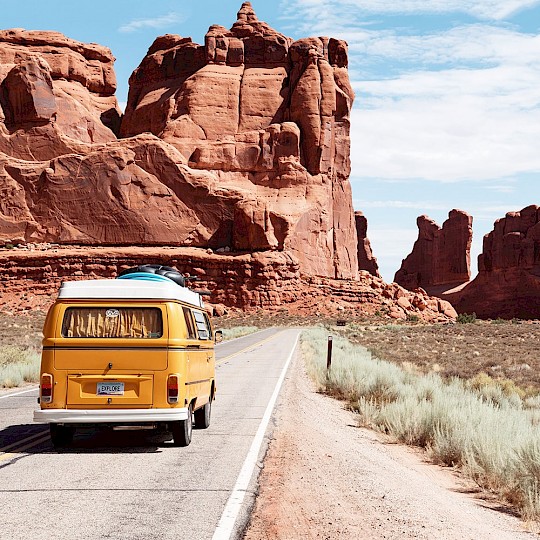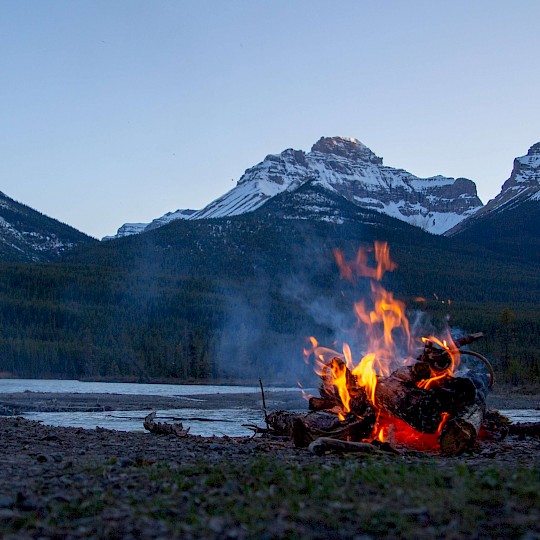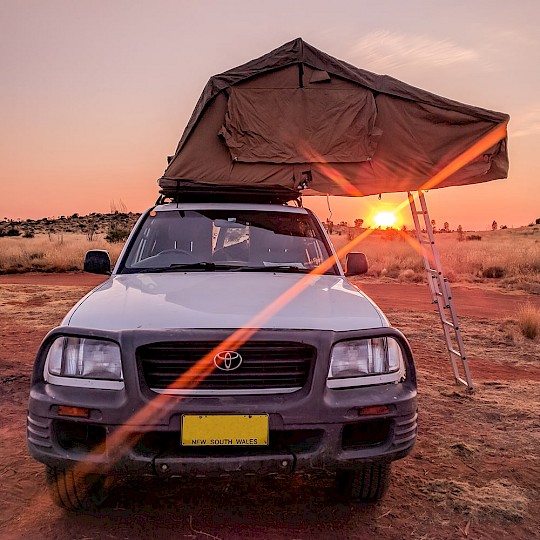Fact #1 - Average age
In terms of average age, Africa is the youngest continent, at just 19.7 years. In Uganda, in 2010, the average age was 15 years.
Fact #2 - Hippos
Hippos are more deadly than you might think. In Africa, they kill more people than lions, crocodiles, and great white sharks put together, making them one of the most dangerous animals on the continent.
Fact #3 - Rwanda
The state in the eastern part of the continent is one of the least developed countries in the world and is, therefore, part of the "Fourth World". However, they are still ahead of the USA in terms of gender equality.
Fact #4 - Animals
A large number of animals can be found in the wild only in Africa. These animals include giraffes, gorillas, hippos, and zebras.
Fact #5 - The Sahara
The name of the largest desert in the world has its origin in the Arabic word ṣaḥrāʾ, which means desert. The ancient Romans called it terra deserta, deserted land.
Fact #6 - The Nile
But Africa not only has the largest desert in the world to offer but also the longest river in the world. The Nile has a total length of almost 6,650 kilometers.
Fact #7 - Witwatersrand
Witwatersrand is a mountain range in South Africa, which is known for its enormous gold deposits. They also serve as the eponym for South Africa's currency, the Rand.
Fact #8 - The biggest city
The largest city on the African continent is not Cairo or Cape Town, but Lagos in Nigeria. With 14 million inhabitants, it is one of the most populous countries in the world.
Fact #9 - Race for Africa
The colonization of the continent is called the race for Africa. The entire continent, except for Ethiopia and Liberia, was colonized during this period.
Fact #10 - Language diversity
About 25 percent of the world's languages are only spoken in Africa. There are over 2,000 different officially recognized languages on the continent.
